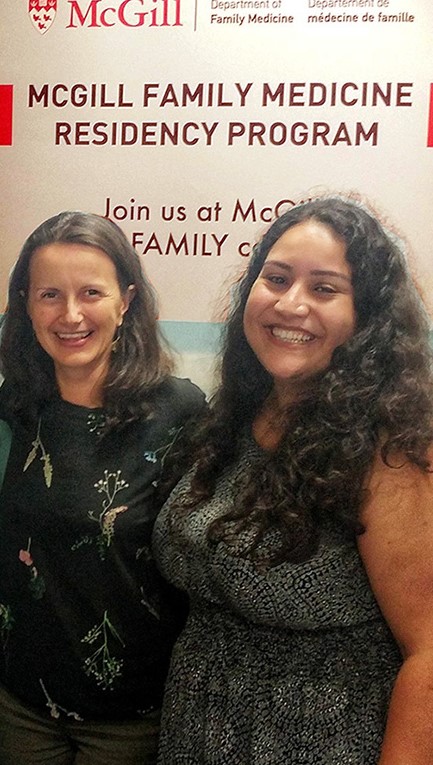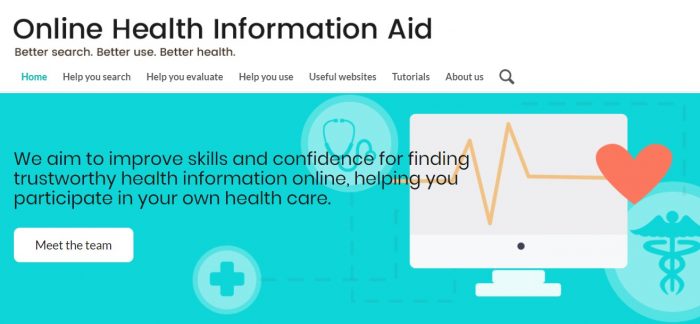Source: JGH
Long before the coronavirus (COVID-19) pandemic, graduate students supervised by Dr. Pierre Pluye at the Department of Family Medicine at McGill University were at work on a website to help people find sites they could trust.
To reach those sites, users sometimes had to weed through the reams of inaccurate—and sometimes downright false—medical information that clutters the internet.
“We imagined how useful our work would be in our age of misinformation on social media and a growing distrust in science and experts,” says Reem El Sherif, a doctoral candidate in family medicine and primary care research at McGill.
Ms. El Sherif, whose research was instrumental to the development of the project, says no one “could ever have imagined a health emergency like this one. However, it’s not a coincidence that we pushed hard for the site to be ready in the last few weeks.”

Their web site is the Online Health Information Aid (OHIA), a bilingual resource on how to conduct better searches, evaluate the trustworthiness of sites, and use information effectively.
Included are basic tips for assessing the legitimacy of a web site:
- The source of the information should be clearly stated.
- Verify that the information is evidence-based.
- Check that the editorial process is transparent and that references are provided.
- Determine the purpose of the site and beware of those who are trying to sell something.
- Make sure that the information is up to date.
“There are no restrictions on who can produce and share health information online, so it’s up to each of us to vet the sources we read, a skill that our website helps you develop,” says Vera Granikov, who is a Ph.D. candidate at the School of Information Studies, a health librarian and the driving force behind the website.
She also cautions about sharing information across social networks. Well-meaning though people may be, some information on COVID-19 that is circulating now is not accurate, not based on facts, and potentially very dangerous.
As we engage in consuming and sharing health information online, it is our individual and shared responsibility to develop health literacy skills in order to access, understand, evaluate and communicate trustworthy information.
There is still a lot of work to be done in communicating science to non-professionals, Ms. El Sherif acknowledges. “There is a growing movement within health research to bridge the gap between research findings and their applicability in practice, by health professionals or patients and the public.
“Our website is a contribution to this knowledge translation. For example, we identify resources to help people break down research terms.”
Ms. Granikov adds, “It is particularly important now, in the context of the COVID-19 pandemic. The quick spread of the virus is mirrored by an even quicker spread of news stories in traditional and social media channels, the quality and trustworthiness of which vary greatly.”
May 13 2020

